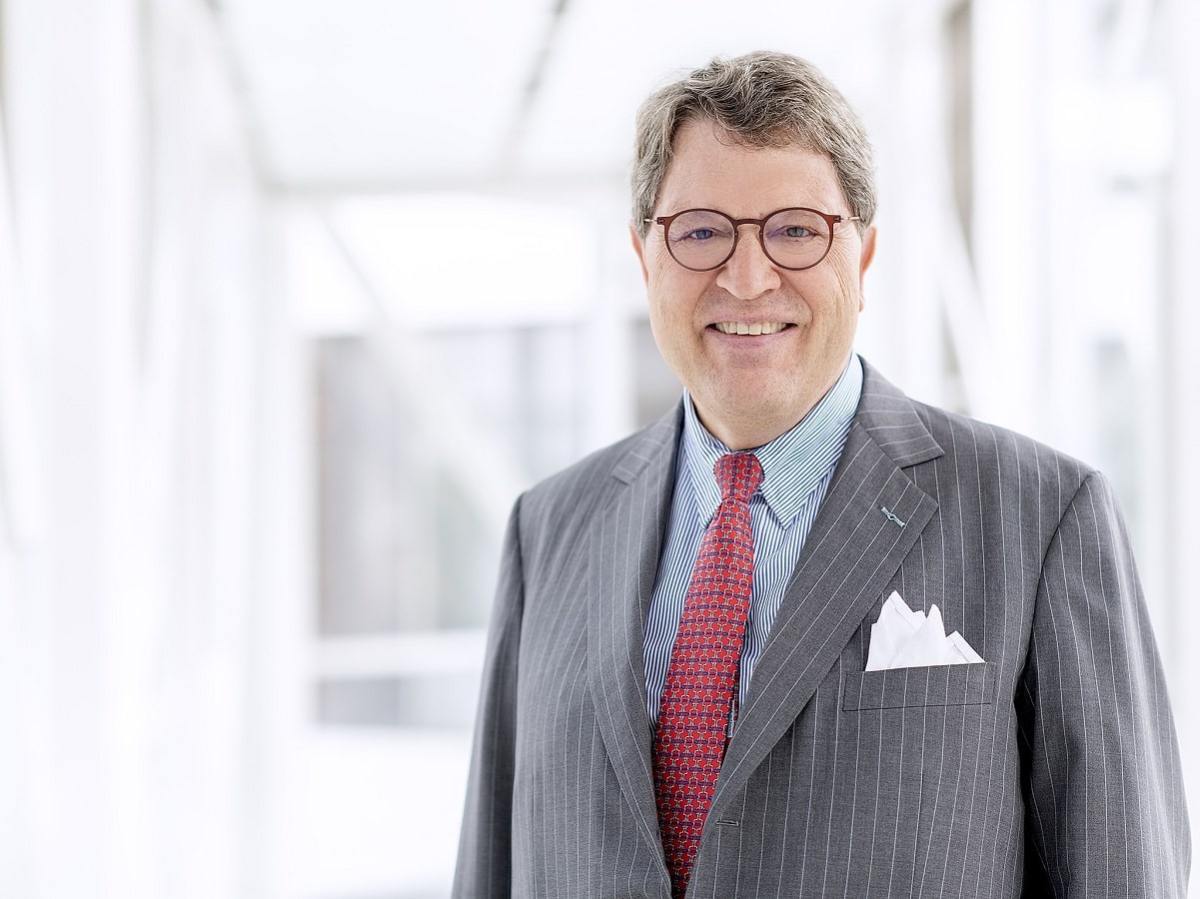In a recent interview with Appliance Retailer, Miele executive director and co-proprietor Dr Reinhard Zinkann provided an insight into the current supply chain crisis and broader global economic headwinds.
Zinkann shared his frustration with the global impact on the delivery of products to market.
“Miele has endured, alongside our Australia colleagues, over the last 18 months with Covid lead-times and a lack of products due to the semiconductor crisis. Pictures of empty warehouses have been a result of strong orders, but on the other hand it means that you have to disappoint your customers if you can’t deliver one part of the kitchen,” he said.
“They hate it, and we hate it as well. The issue is not only the semiconductor or the Covid crisis with its consequences where we had the shutdown of factories in Germany, but it is also the sea travel for all containers that takes 12 to 16 weeks.
“The time lag due to the long journey makes it even more difficult or serious and in the end frustrating for everybody. And on top of that there are not enough containers. These are issues which of course the whole industry shares, which made business for everybody not an easy task and unfortunately the problems are still not completely solved – but have become much better.”
However, Zinkann has growth aspirations for the business regardless of the economic headwinds that are facing the business.
“We are in a good growth path and I am not afraid that we will continue growing. I am also not afraid of the consequences due to the world economic situation, Covid, the war, or low interest policy. But yet we have to acknowledge that because of all of that, we now have an inflation rate in Germany around 6% and it is rising with higher steel prices, energy prices and fuel prices now above two Euros per litre. So just imagine what that means for households and the consumer,” he said.
“On top of that nobody can foresee now how this horrible war in the Ukraine – just in front of our door – will end and what economic impact it will have – not to speak about all other consequences.
“At Miele in Germany we also have negotiations with workers unions, continuously to come up in September. Salaries will probably also be rising by 4 to 6%. If I learned anything in economics at some point it is that due to all of that we will probably see stagflation and at some point, this will lead into a recession. That’s the only way that the inflation comes down again.
“We had this last in Europe in the 80s. That topic can create huge problems for countries that have high debts like Italy, or Greece or France. It will be a long process for the next one to five years. But I’m not an economist, I’m not a banker, and as such I’m very happy I’m only selling domestic appliances. I’m not a fortune teller, but I predict that a recession will come and that times will get difficult.
“But nevertheless, we stand to our growth target and we will achieve it – I’m not afraid at all. As we have the real and major advantage of being completely self-financed, we are masters of our own decisions. And we are aware that some decisions and investments may take time. But we can also act anti-cyclical if we wish to do so. And we have a large investment program ahead of us – probably our largest in a single year. So we have set the path for this growth.”

